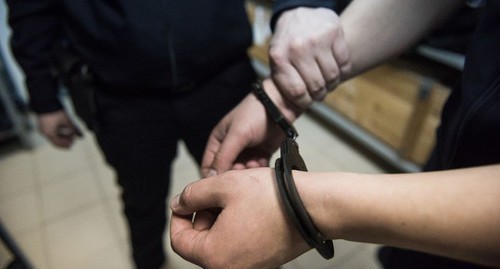
05 June 2020, 12:37
Rights defenders link growth of political prisoners with protest activeness in Northern Caucasus
In recent years, North-Caucasian regions have faced great political and civil activeness, but in Russia it is followed by criminal prosecutions, human rights defenders believe. Apart from Moscow, scaled protests were observed only in Northern Caucasus, the "Amnesty International" (AI) has noted.
According to rights defenders, the number of political prisoners in Russia is growing steadily: in early 2018, there were 130 of them; today there are 314 people on the list. The vast majority of political prisoners are people deprived of their liberty in connection with the exercise of their right to the freedom of religion and religious affiliation.
In Northern Caucasus, the increase in the number of political prisoners is largely dictated by the same trends as in the rest of Russia – the worsening public-power attitude; social tensions and a difficult economic situation, said Sergey Davidis, the head of programmes for supporting political prisoners at the Human Rights Centre (HRC) "Memorial".
Although the growth in the number of political prisoners takes place throughout Russia, Northern Caucasus has its own specifics, Valery Borschov, a member of the Moscow Helsinki Group, is sure. He treats the criminal prosecution of the journalist of the Dagestani newspaper "Chernovik" (Draft), Abdulmumin Gadjiev, as unique.
Mr Borschov has especially noted the actions in support of Gadjiev, treating them as "the onset of the democratic process."
The situation with political prisoners in Northern Caucasus is reflecting the trend towards the tighter legislation that is characteristic of the whole of Russia, Natalia Prilutskaya, the AI's researcher for Russia, believes.
This article was originally published on the Russian page of 24/7 Internet agency ‘Caucasian Knot’ on June 5, 2020 at 02:29 am MSK. To access the full text of the article, click here.
Author: Oleg Krasnov Source: CK correspondent




